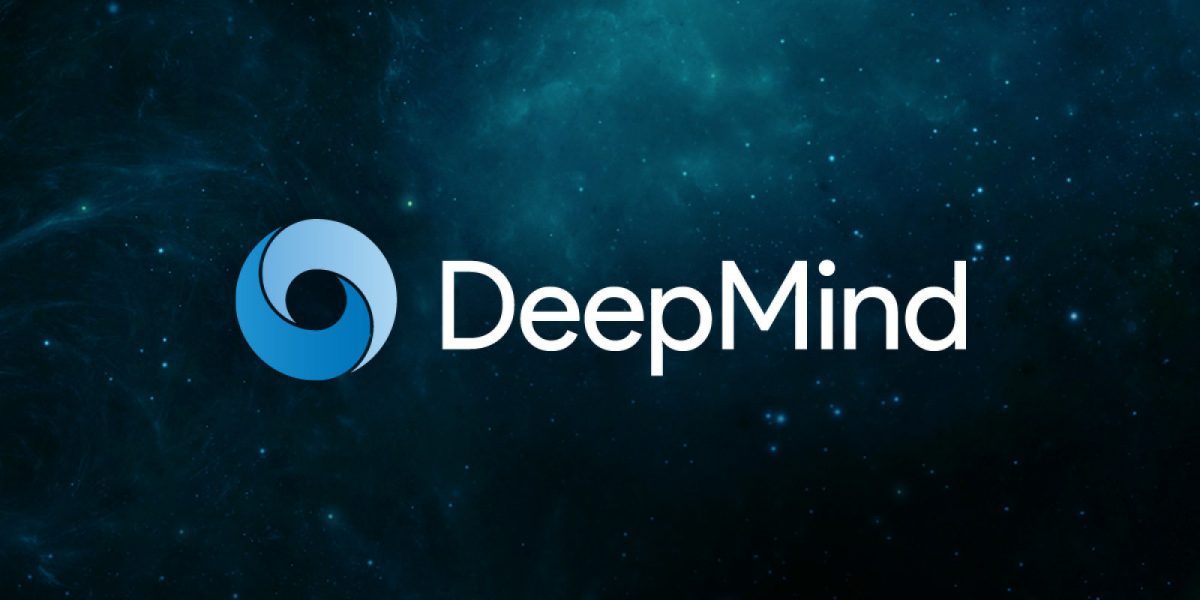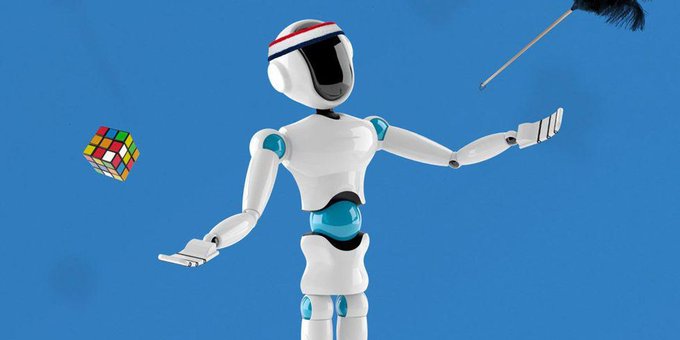
[🔥 Learn ML for beginners 🥳] I recently said I'll be binge-watching fast.ai's Practical Deep Learning for Coders and I did, here are my final thoughts!
I'm mainly going to contrast it with @coursera's course as that's the course I took back in late 2018.
1/
I'm mainly going to contrast it with @coursera's course as that's the course I took back in late 2018.
1/
Verdict:
If you're in high school or a student or more precisely somebody who still has difficulties creating your own learning program (no experience with self-education) I'd recommend you take @coursera's course - it's more streamlined.
2/
If you're in high school or a student or more precisely somebody who still has difficulties creating your own learning program (no experience with self-education) I'd recommend you take @coursera's course - it's more streamlined.
2/
You'll know exactly when to read, watch, or code.
On the other hand, if you already have some experience (you had some tech internships/jobs) or you're considering switching careers (again you're experienced) or simply integrating deep learning into your own domain...
3/
On the other hand, if you already have some experience (you had some tech internships/jobs) or you're considering switching careers (again you're experienced) or simply integrating deep learning into your own domain...
3/
I recommend you take fast.ai's course. A track record in learning on your own is preferable for this route!
Why?
https://t.co/Tv0gvOs3JD's course requires more self-discipline and organization (time management, make your own program...) compared to @coursera.
4/
Why?
https://t.co/Tv0gvOs3JD's course requires more self-discipline and organization (time management, make your own program...) compared to @coursera.
4/
After the first lecture, you'll need to go through the Jupyter, start Colab or a GPU server, play with code a bit, search through the docs, etc. All on your own. Whereas @coursera's platform forces you to do these steps, you just keep clicking and doing your tasks.
5/
5/
This makes complete sense - @jeremyphoward (@fastdotai course lecturer) is very proficient with self-learning (learned Chinese on his own, programming, etc.) - so much that I'm afraid that he underestimates how much guidance some people actually need, IMHO.
6/
6/
Example: The part on p-value (lecture 2) may be very very overwhelming for beginners. Be comfortable with not understanding everything if you take the course.
fast.ai's course pros:
* Using PyTorch + fastai (wrapper lib around PyTorch) instead of TF + Keras.
7/
fast.ai's course pros:
* Using PyTorch + fastai (wrapper lib around PyTorch) instead of TF + Keras.
7/
* They give many great tips around learning (like sharing the stuff you learn via blogging to improve recall/strengthen your personal brand). Coursera's course doesn't put much focus on this - and I think it's vital.
* Great teaching methodology using a top-down approach.
8/
* Great teaching methodology using a top-down approach.
8/
Also, I love the fact they're always using a running (usually highly visual) example.
fast.ai's course cons:
* Requires some experience with self-learning (arguably not a con but this may be a feature to consider when you're picking the right course for you).
9/
fast.ai's course cons:
* Requires some experience with self-learning (arguably not a con but this may be a feature to consider when you're picking the right course for you).
9/
* Missing heroes of deep learning lectures that Coursera had.
* It'd be nice if they covered transformers and not RNNs/LSTMs in the last lecture (lecture 8). Although I understand covering these older fundamental models has its value.
10/
* It'd be nice if they covered transformers and not RNNs/LSTMs in the last lecture (lecture 8). Although I understand covering these older fundamental models has its value.
10/
Let me know your thoughts?
I guess I'm in a unique position here as not many people went through both courses (or at least skimmed them for a couple of days).
The original LinkedIn post for reference (contains summaries and various notes and tips): linkedin.com/posts/aleksago…
11/
I guess I'm in a unique position here as not many people went through both courses (or at least skimmed them for a couple of days).
The original LinkedIn post for reference (contains summaries and various notes and tips): linkedin.com/posts/aleksago…
11/
• • •
Missing some Tweet in this thread? You can try to
force a refresh







